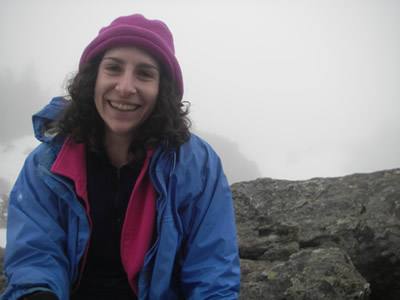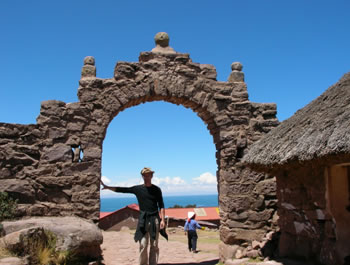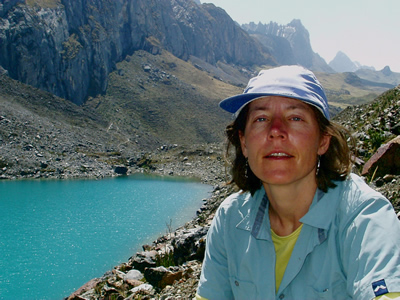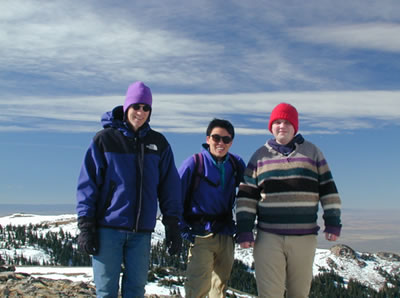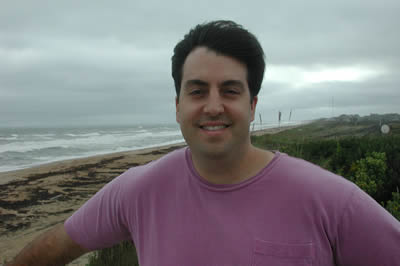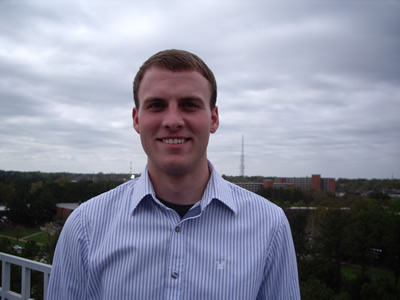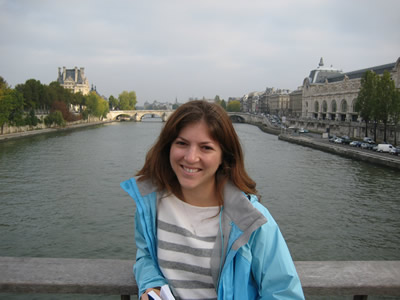
Image Courtesy of Lelia Hawkins
Lelia Hawkins
I am starting my fourth year of graduate school at Scripps Institution of Oceanography, studying atmospheric chemistry and climate science. I love earth science and have always wanted to do something to protect our natural resources and preserve amazing habitats and endangered species. Because I loved chemistry and math in school, I knew that working as a climate scientist was the best way for me to help us learn more about how the earth works and how we are affecting it.
I graduated from Westchester High School in 2000 and studied Chemistry and Environmental Systems at University of California, San Diego from 2000 to 2005. As an undergraduate, I worked for the Water Quality Control Board helping geologists determine threats to groundwater quality. I also held two research internships with Scripps professors studying clouds and sea water chemistry. Being accepted to study at Scripps Institution of Oceanography was a long dream of mine, and I am very excited to be doing research with some of the top Earth Scientists in the world.
In the VOCALS project I will on board the NOAA Research Vehicle Ronald Brown measuring atmospheric aerosol particles like dust, soot, organics, sulfate, nitrate, and sea salt. We measure their size and composition to learn more about how these particles interact with clouds and incoming solar radiation. This is my first time at sea, and I'm very excited to see South America and the Panama Canal, and to learn about field work from scientists who have spent a lot of time at sea.






